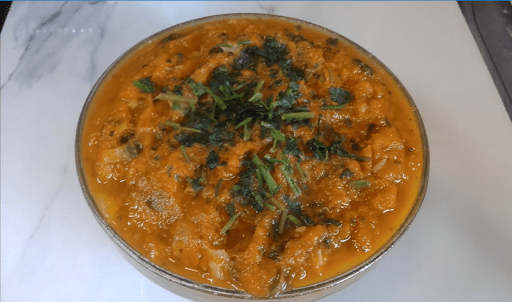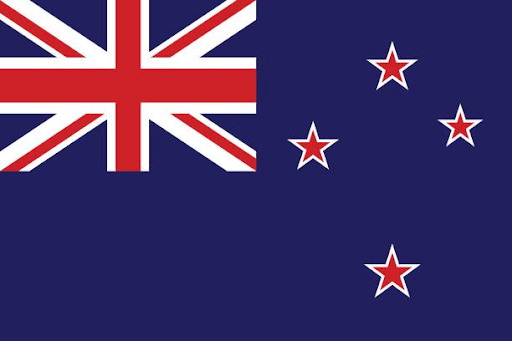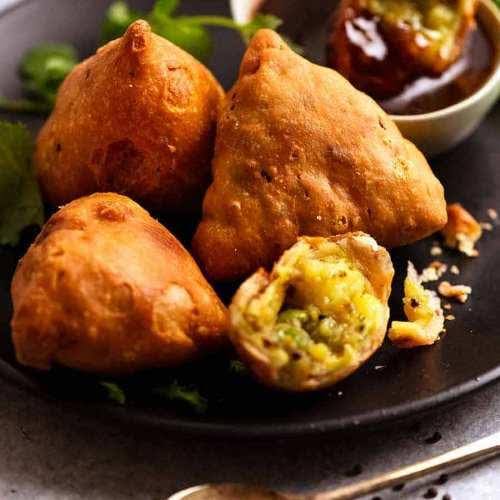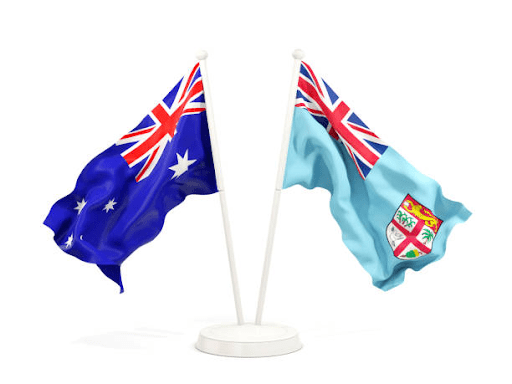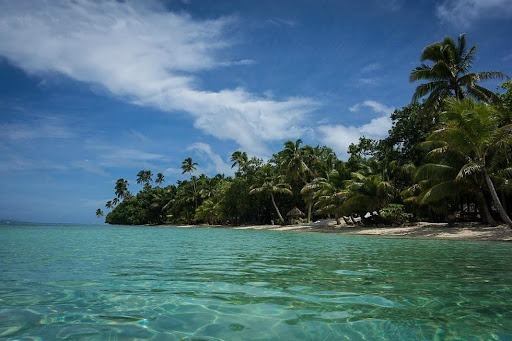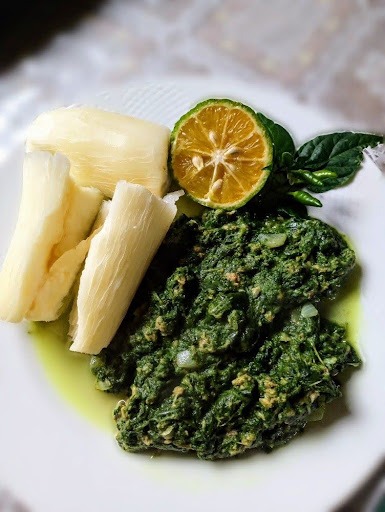10 must-know Fijian terms and phrases
The native Fijian language is especially unique in the sense that it intricately embraces language terms together with veiwekani (relationships) between various vanuas (land synonymous with its people/ inhabitants) in Fiji. Dialects vary per province or district, making language and terms extensively broad and complex for a non-Fijian. For now, we will start with 10 Fijian terms and sentences of the Bauan dialect, the easiest and most practical to use when moving around in Fiji. The Bauan dialect is from the island of Bau, off the coast of Tailevu. It has been widely accepted and normalized because of the Bauan warlord, Ratu Cakobau’s extensive influence during early colonialism.
Yadra.
Yadra in Fijian, means to ‘wake up’ which has been synonymously used as a greeting for ‘morning’. Colonialism, like a lot of things in Fiji, popularised the use of greetings. To say ‘Good Morning’, we can say ‘Yadra Vinaka’ for vinaka means good or to appear more respectful one can say, ‘Ni (sa) Yadra Vinaka’, ‘ni’ in Fijian means ‘you’. However, if it is past morning and you still hear a local say or greet you with, ‘yadra’ then he or she is most definitely from the province of Ra. The greeting from Ra is ‘Ara na yadra’ but most just stick with ‘yadra’ for short.
Moce.
Moce, means ‘to sleep’, as a greeting, it means to farewell someone and likely means goodbye. So if ever, you want to bid farewell and say goodbye in Fijian just say this. If it’s a farewell for a friend then just utter the word as it is. If it is an acquaintance or someone more respectable than us, ‘ni moce’.
Isa!
‘Isa lei!’ or ‘Isa!’, is a word you’ll most definitely hear when in Fiji, especially in farewell. The word is said with nostalgia and could either insinuate regret, longing or a simple feeling of forgetfulness. Strangely, the word itself isn’t even Fijian but a borrowed term from our neighbour, Tonga. As stated in Ronald Gatty’s Fijian dictionary, the words were adapted from a farewell song, ‘Isa! Isa! Vulagi lasa dina.’ You’ve probably heard this farewell song sung to you as a guest in a Fijian hotel or if you’re planning to visit Fiji then look out for this farewell song, it will definitely give you the nostalgic feels.
Waitui and Vuniniu.
You won’t hear this word a lot but you’ll definitely see lots of it, in fact, if you’re a tourist then this is one of the many reasons why you’ve chosen Fiji to be your vacation destination. ‘Waitui’ is obviously two words strung together, ‘Wai’ means water and ‘Tui’ means king, together they imply the vastness and grandness of the saltwater that surrounds the islands. So, the word in Fijian means ‘sea’ or ‘ocean’. Vuniniu, is also two words whirled into one, ‘Vu’ means source and ‘Niu’ refers to coconuts, together it means the ‘source of coconuts’, and is the Fijian name for coconut trees.
Baravi and Nuku.
Another two words you’ll be hearing a lot and linked with the ocean are Baravi and Nuku. ‘Nuku’, is a widely accepted term for the word ‘sand’. Terms may still vary for some provinces like Nadroga, which uses ‘Volivoli’ as their term for sand. For beaches, shores and coasts, there are a variety of terms in Bauan dialect, ‘Baravi’ and ‘Matasawa’ are both used interchangeably to refer to beaches, shores and coastlines. Again, its use varies according to province, for instance, parts of the eastern province. Lau uses ‘Matavura’ and parts of coastal Cakaudrove uses ‘Sawana’ for coasts, beaches and shorelines.
Dua na bilo?
The next sentence involves Yaqona drinking and it is guaranteed to be useful in any place in Fiji, even for those seldomly using the Bauan dialect. ‘Dua’ in Fijian refers to the number one, ‘na’ is the equivalent of the English word and article, ‘the’, and ‘bilo’ refers to a cup made out of coconut shells, exclusively used for Yaqona drinking. So, ‘dua na bilo?’ in Fijian implies for one to come and have a cup of Yaqona. Fijians having a socially and hierarchical culture, and being friendly, one must expect an invite for Yaqona drinking. You can decline the invite nicely by saying ‘vinaka’ (Thank you). It is rude for one to pass silently without uttering a response. It is also rude to invite yourself to a Yaqona session without a ‘isevusevu’. A ‘isevusevu’, is a presentation of Yaqona expected of someone when joining a new Kava session. You cannot just show up empty handed.
Kerekere.
‘Kerekere’, in the Fijian language, parallels its English counterpart ‘please’. Although, ‘kerekere’ does imply requests, in Fijian it perhaps carries more weight. In Fiji to make a ‘kerekere’ is to demand things of people especially of family whether immediate or of the extended family. This is called a ‘kerekere’ system, where one makes requests and expects their demands met. When one makes requests, knowing their request is reciprocal makes the request more substantial. For instance, you can ask to borrow a relative’s mat(s) or cooking pots for an occasion, knowing that well enough that you must return the favour.
Totoka.
With breath-taking views and splendid beaches in Fiji, there are various terms to describe beauty in the Fijian language. ‘Totoka’ is perhaps the standard term for beauty, for it means ‘beauty’ but Fijians have been known to use other terms (again, this varies according to province/ vanuas). Such as ‘rairaivinaka’ which means ‘to look good’, or ‘maleka’ which is widely utilised in the province of Rewa, refers to something being good and has become synonymous with vinaka. However, in the Bauan dialect, maleka still means the same thing but particularly utilised imply that food is delicious or whatever edible might be delicious.
Katalau, Vakasigalevu and Vakayakavi.
Katalau, is a term used for breakfast. Other variances of the Fijian term for breakfast is, ‘gunuti’, which means to drink (gunu) and a Fijianised word for tea, ‘ti’. Katalau, refers to having a meal after several hours of work in the farm or plantation. Pre-colonial Fijians were known to consume only two meals a day, which was a late mid-day snack (Katalau) and dinner. Like life during the industrial revolution, food was used to fuel the body of Fijians, to give strength and sustenance during the day.
Vakasigalevu, an Anglicised term now refers to lunch, but in direct translation ‘vaka’ refers to like, ‘siga’ refers to the noun, day (it also refers to the ‘sun’, and ‘levu’ refers to large or big. Therefore, making sense of this, perhaps the sentence is implying that ‘(that of/like) the brightest part of the day’.
Vakayakavi, refers to ‘that of the evening’ and now is extensively used to refer to evening meals or dinner.
‘E Ya vica?’
This sentence is handy when out shopping in Fiji, especially when buying from markets and local vendors in their small roadside stalls. ‘E’, is a particle that goes before a verb at the beginning of a sentence. ‘Ya’ is each but usually applied as a prefix before a number. ‘Vica’, in Fijian implies the quantity of something. ‘E Ya vica?’, together as a sentence implies the inquiry of the price of something.


